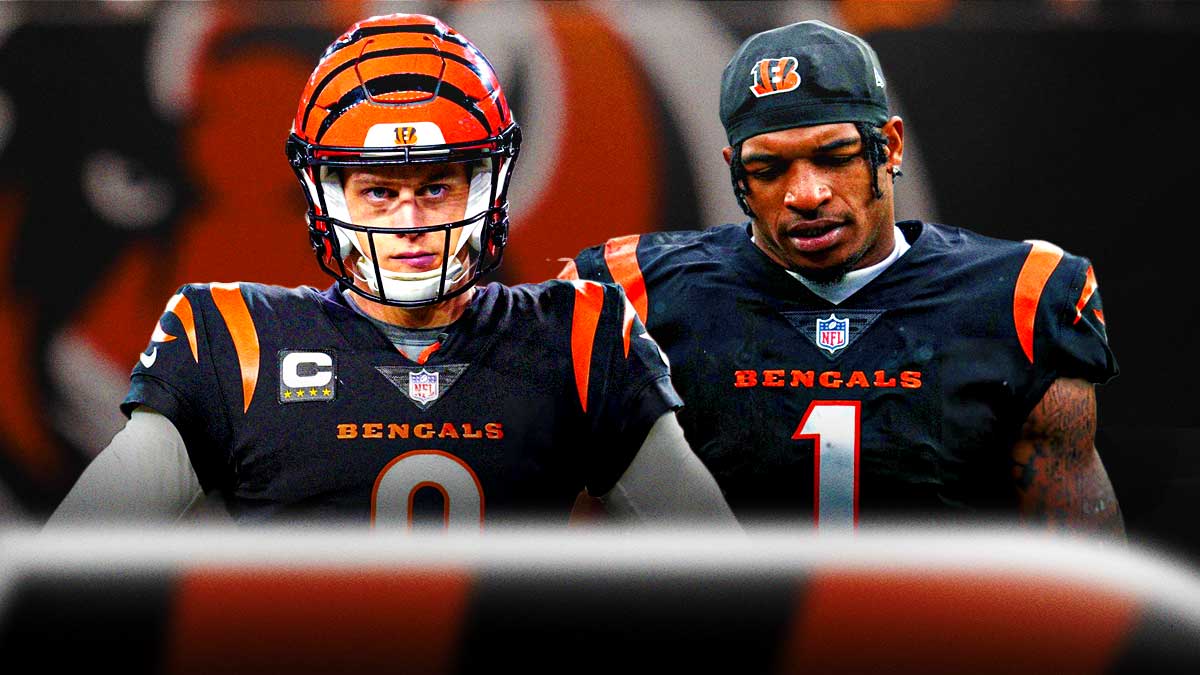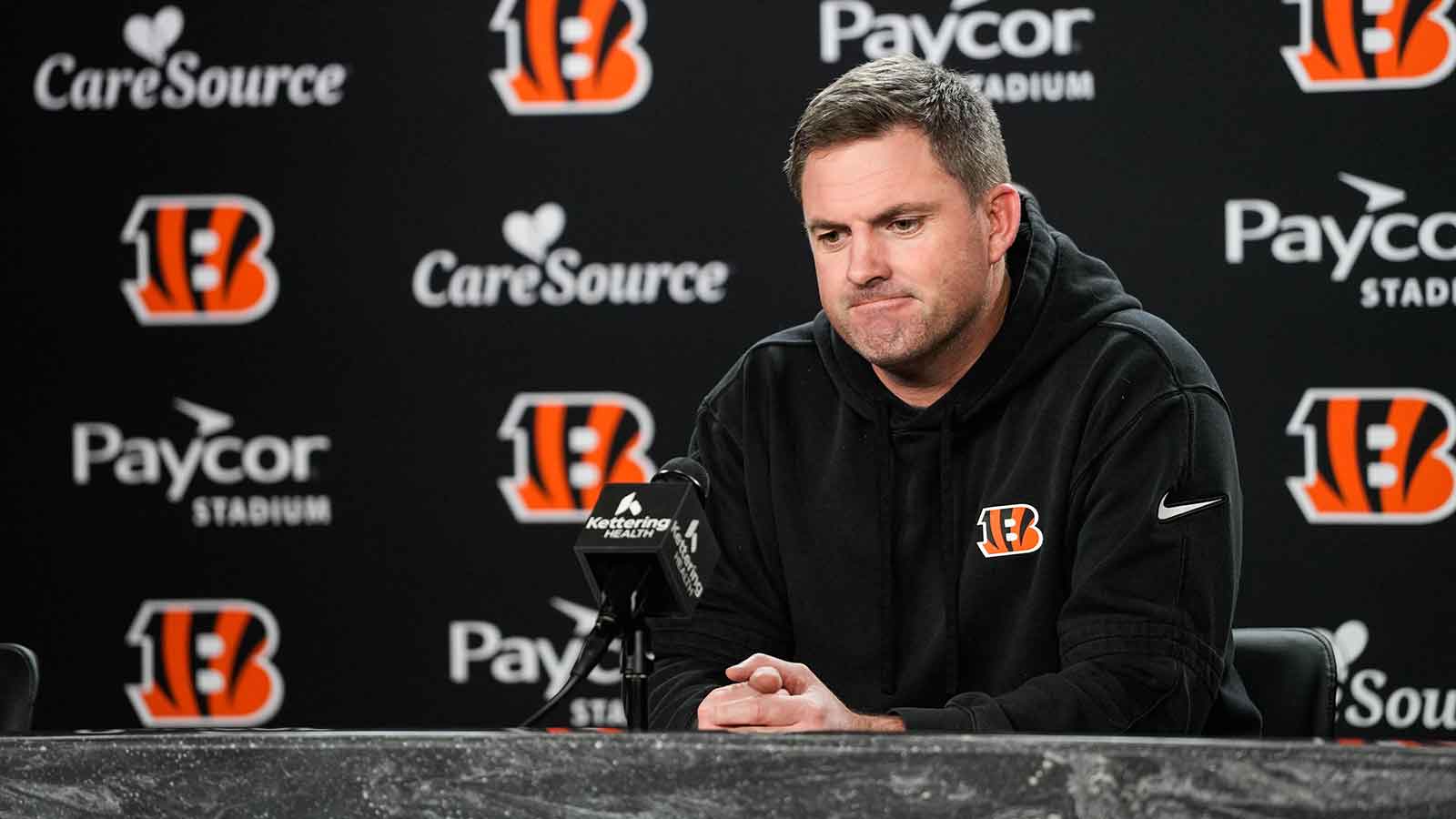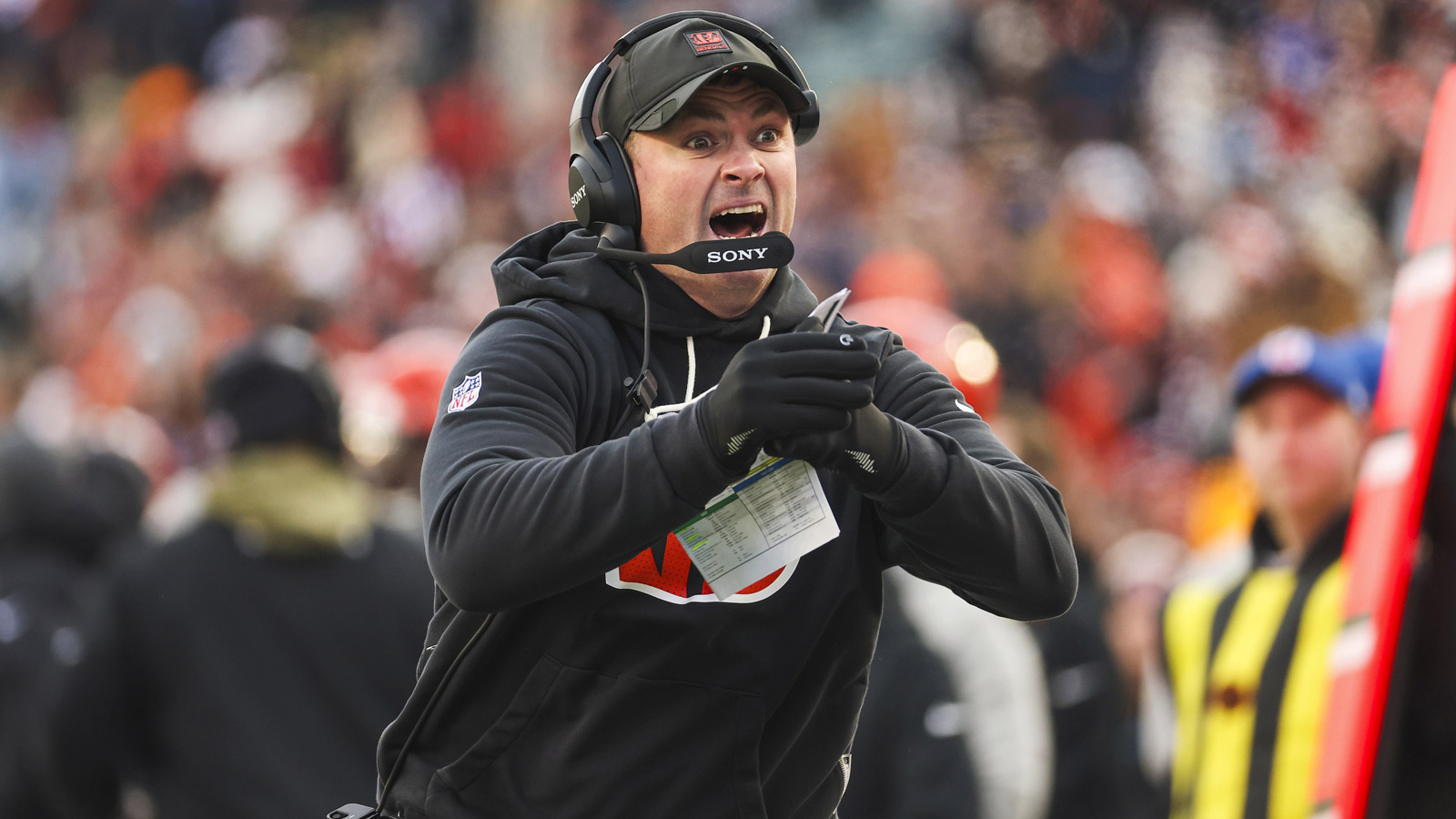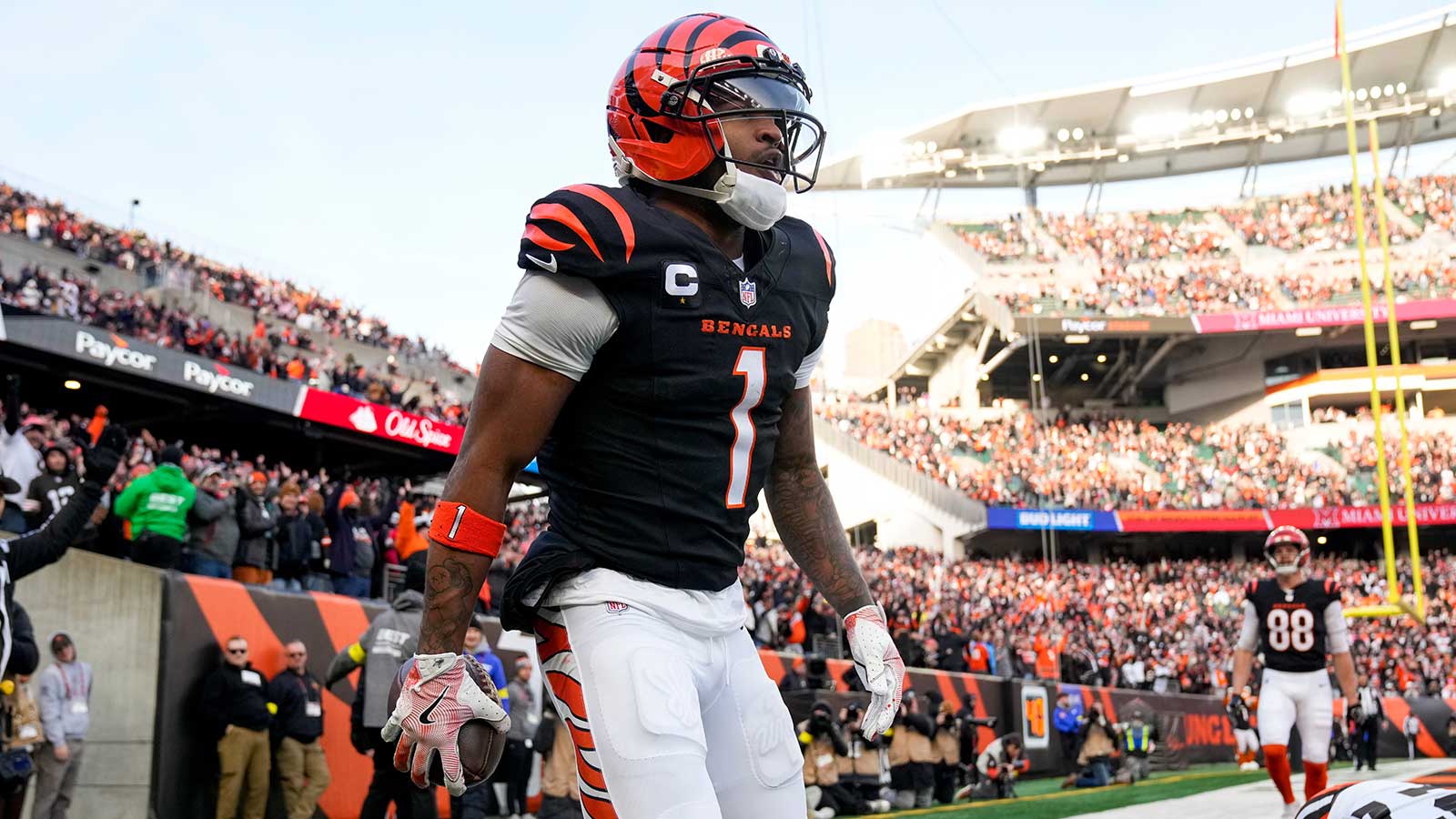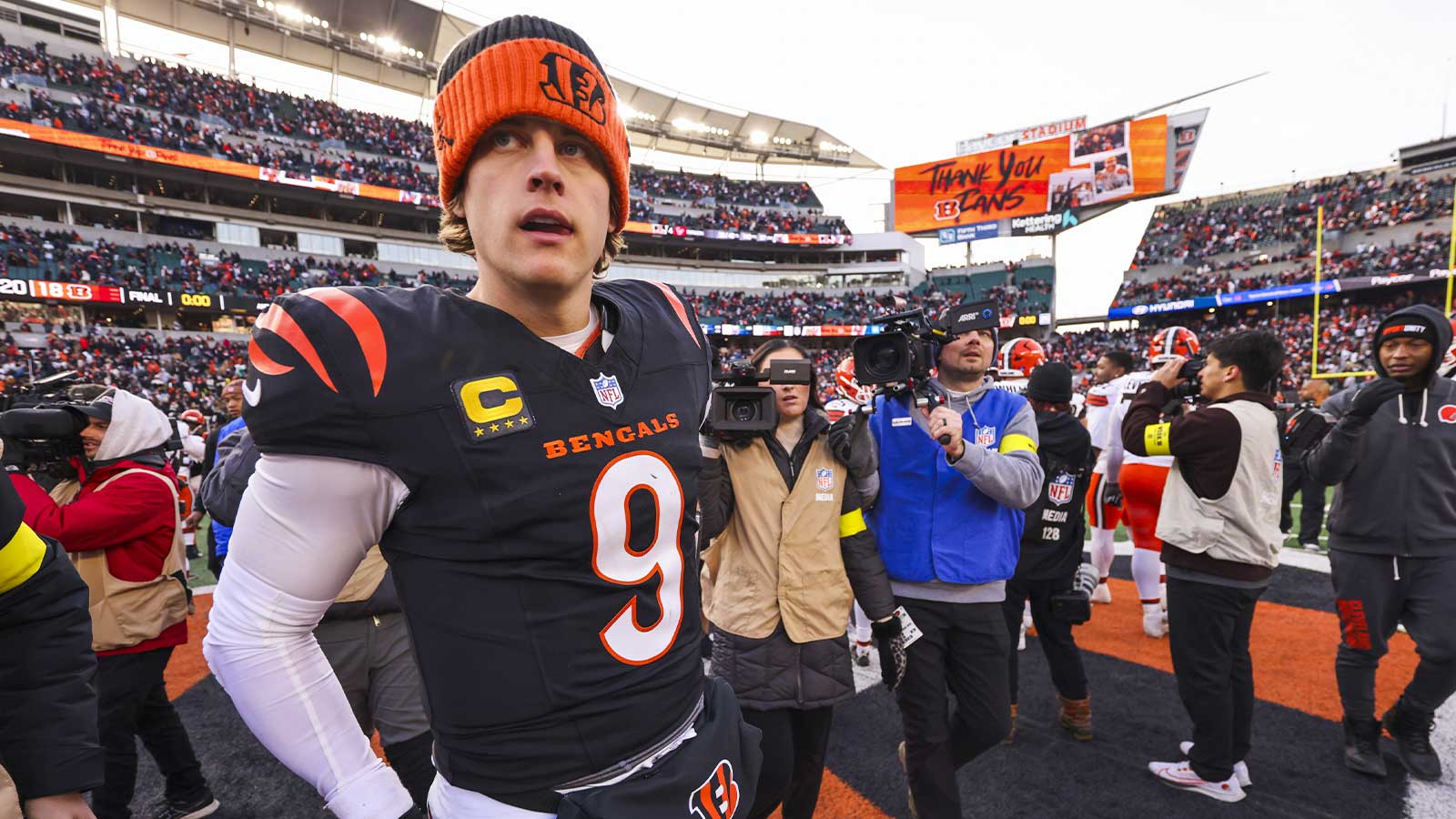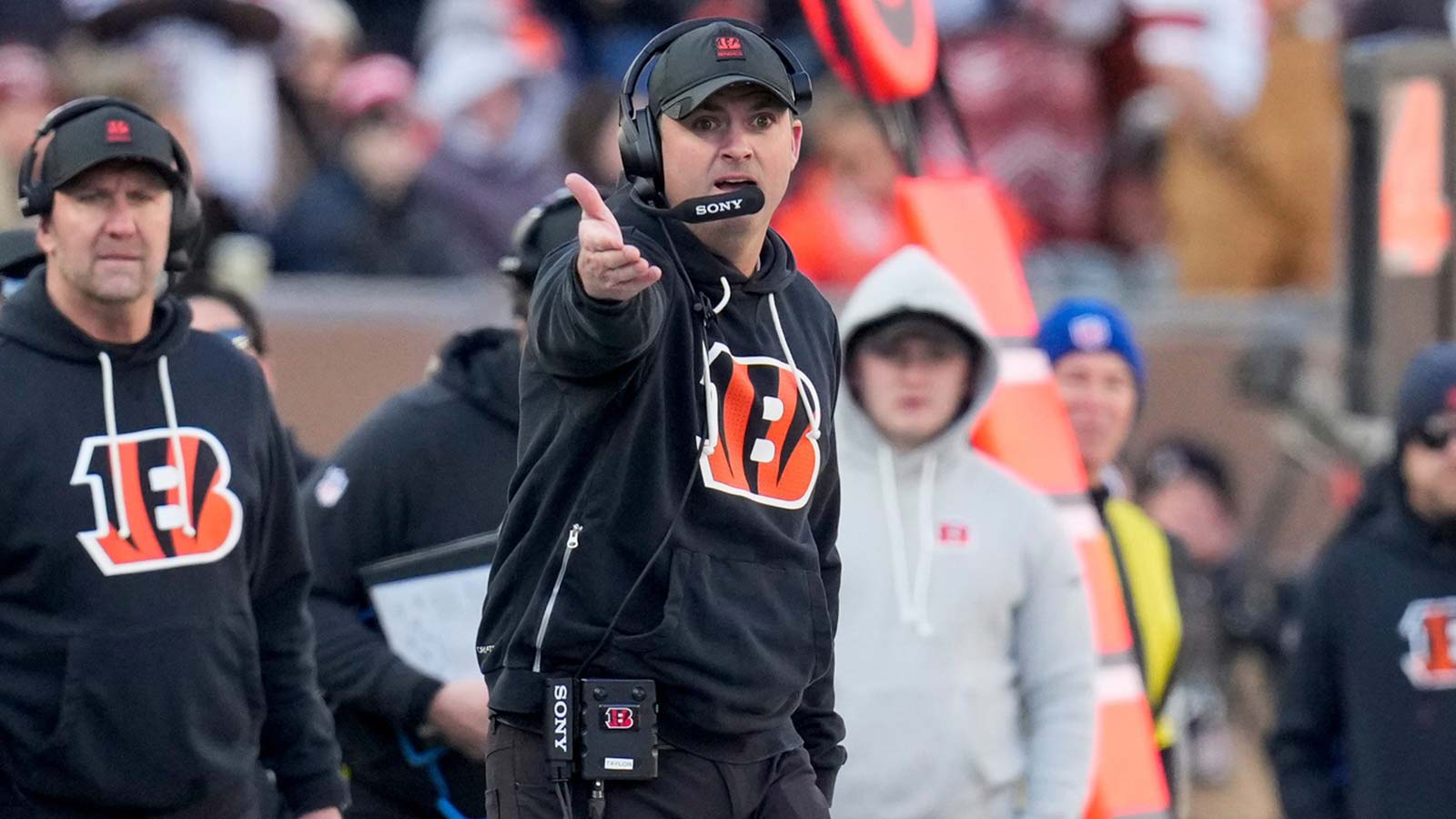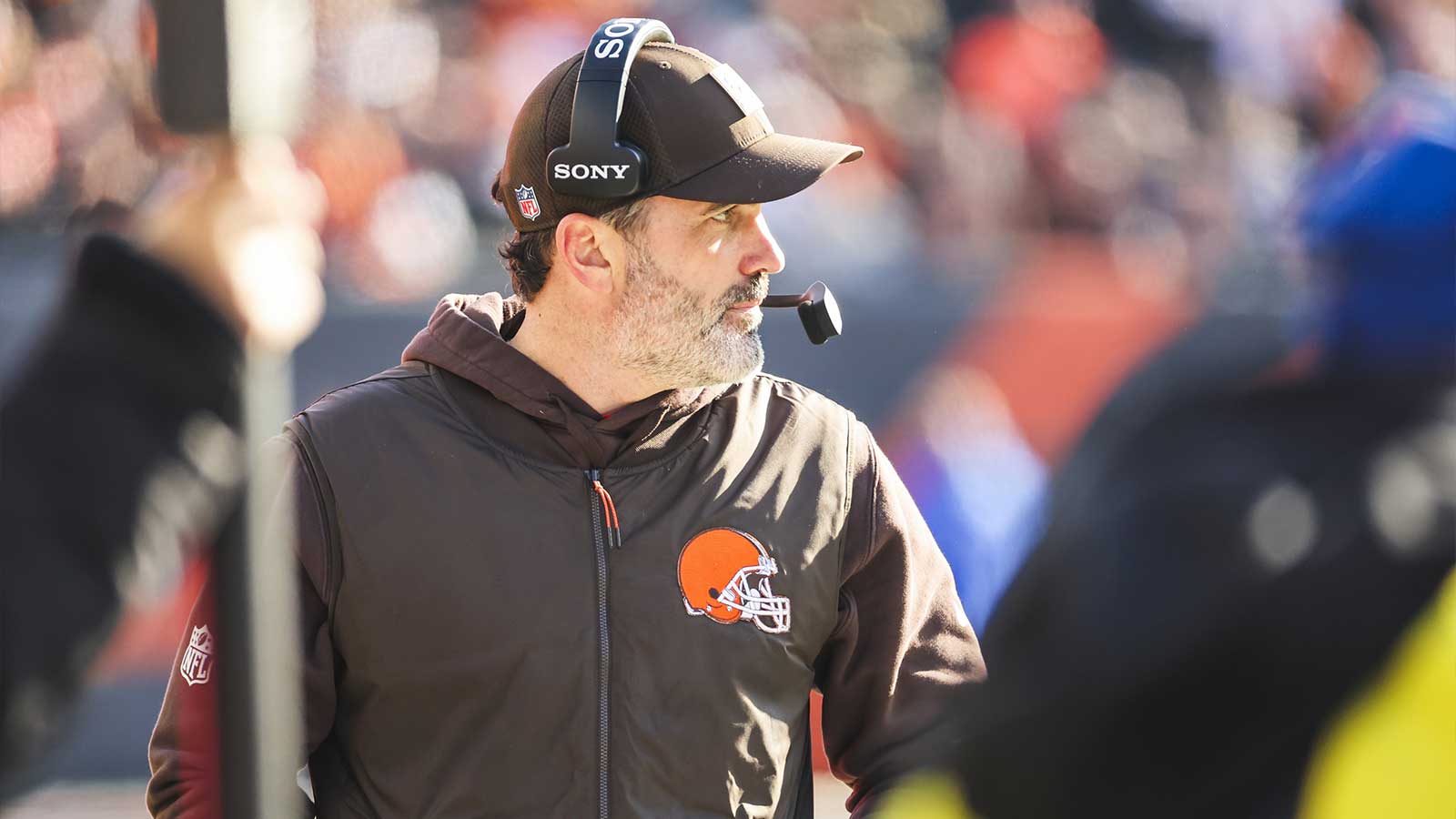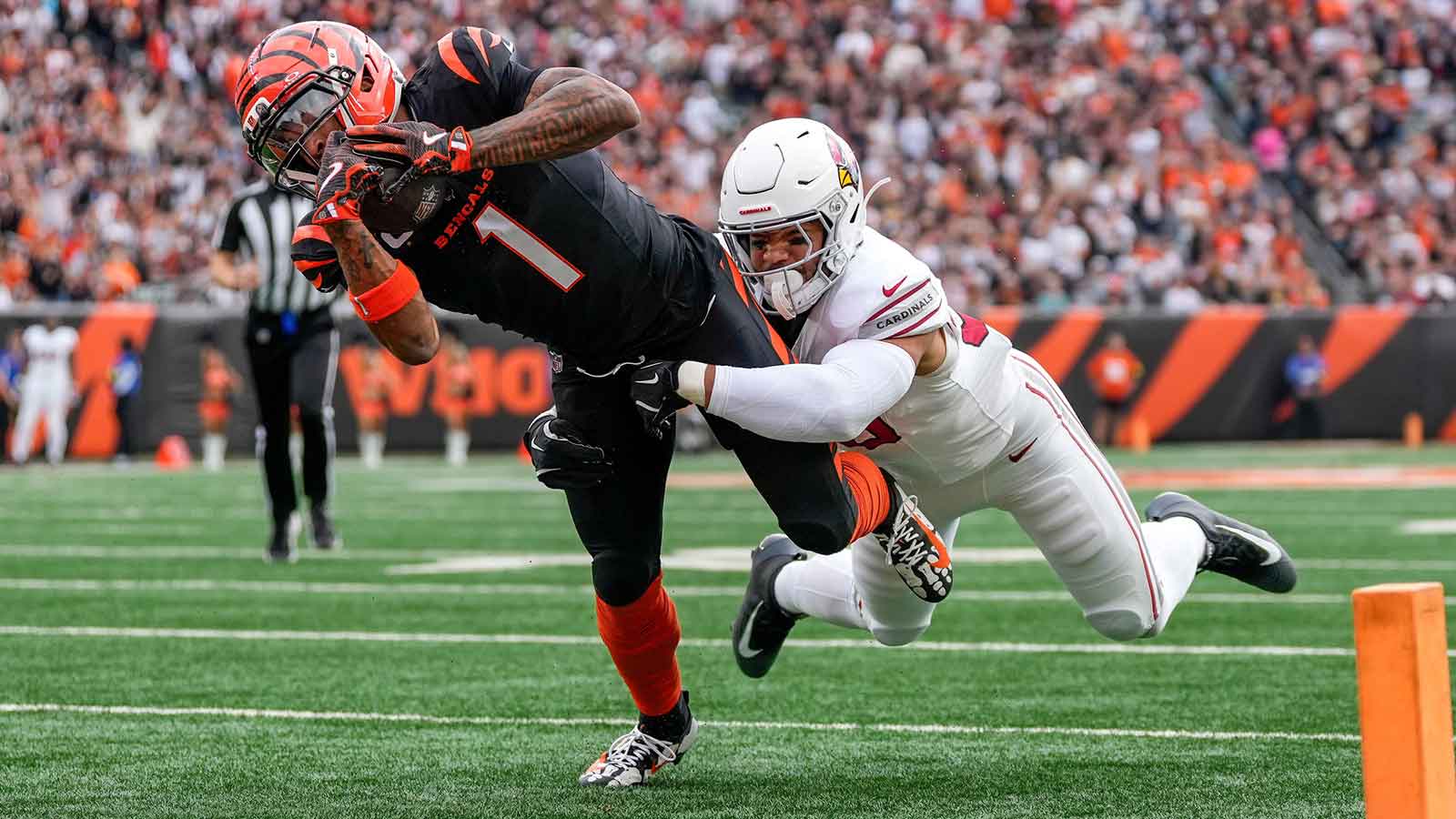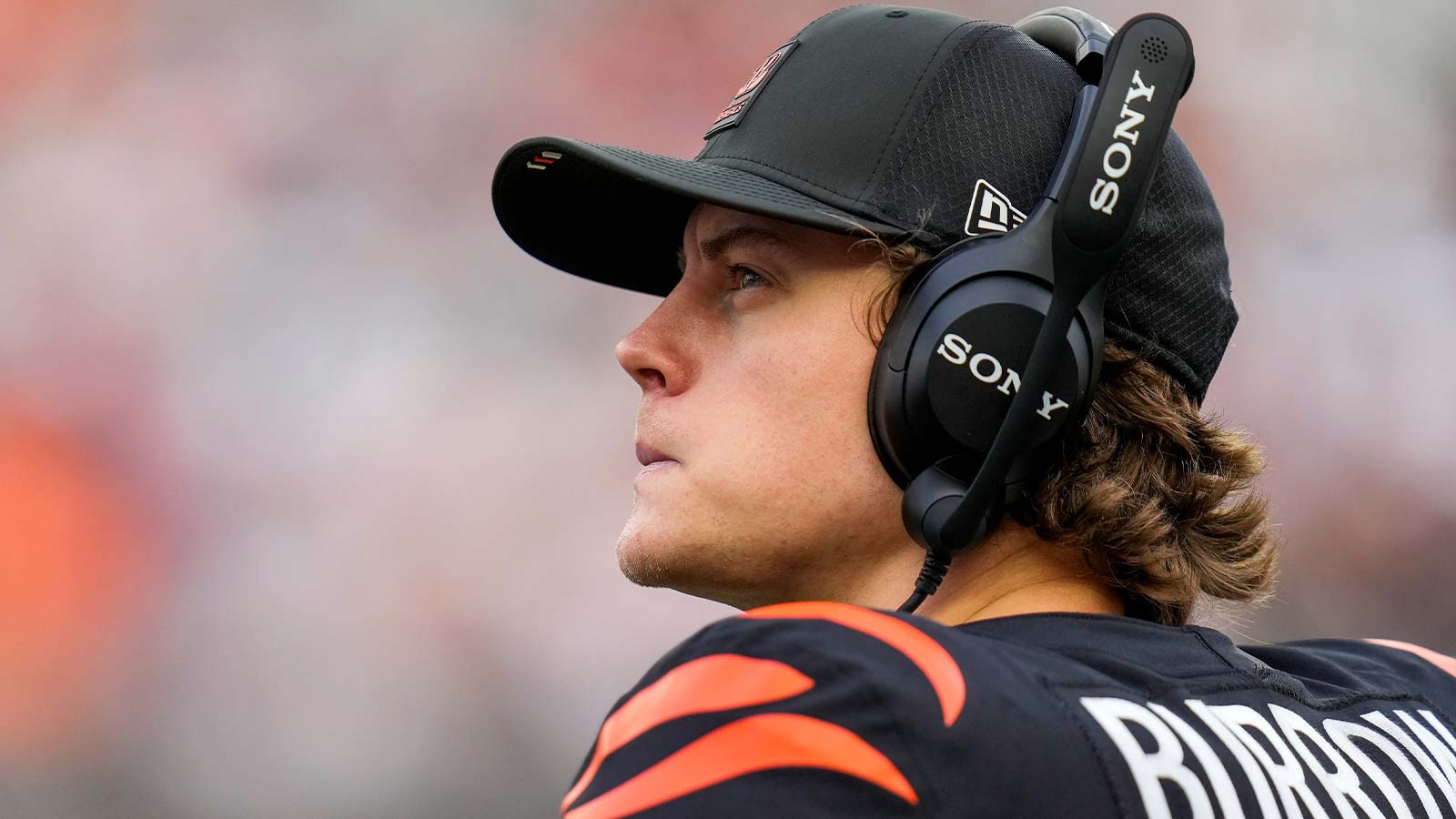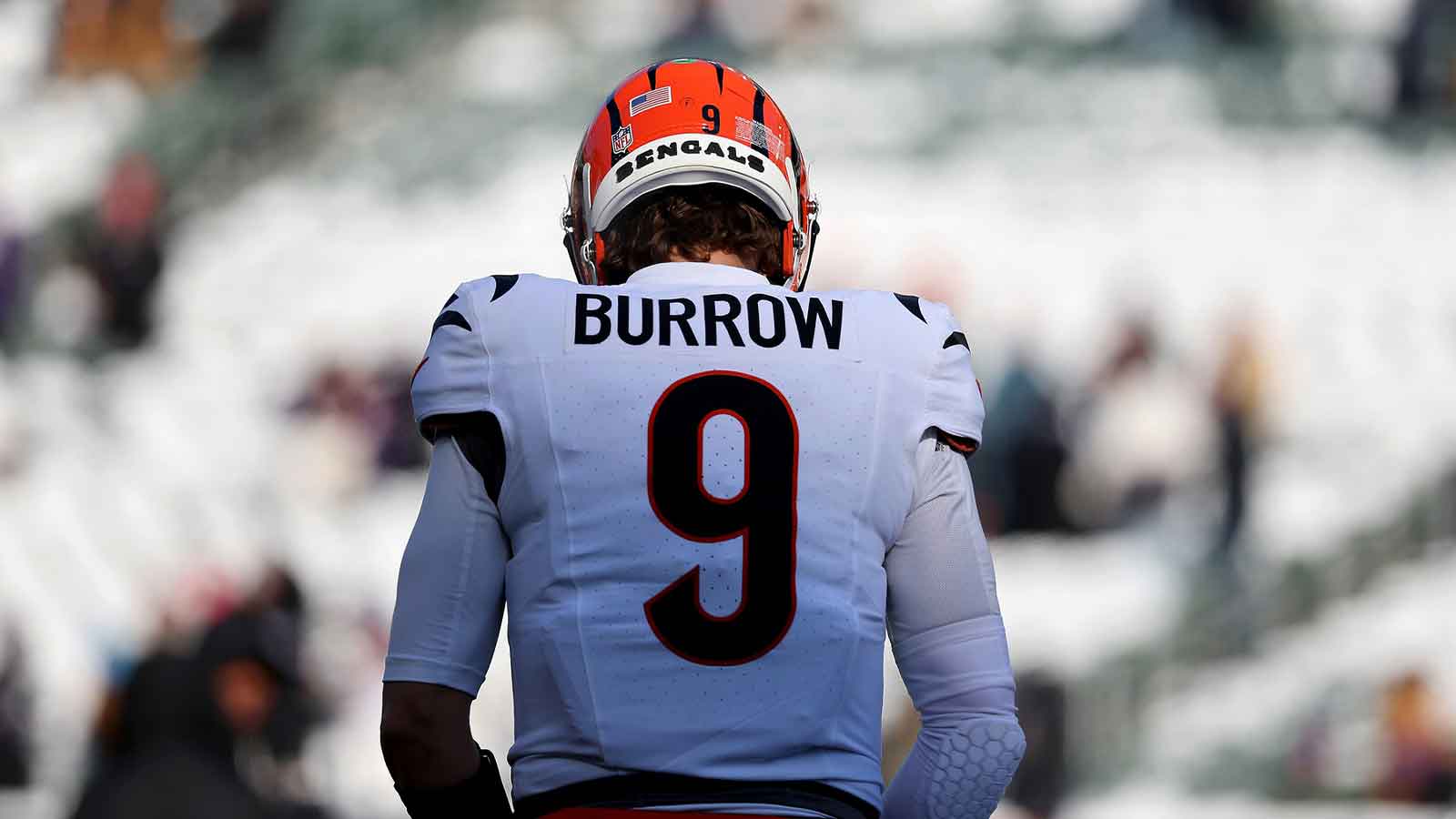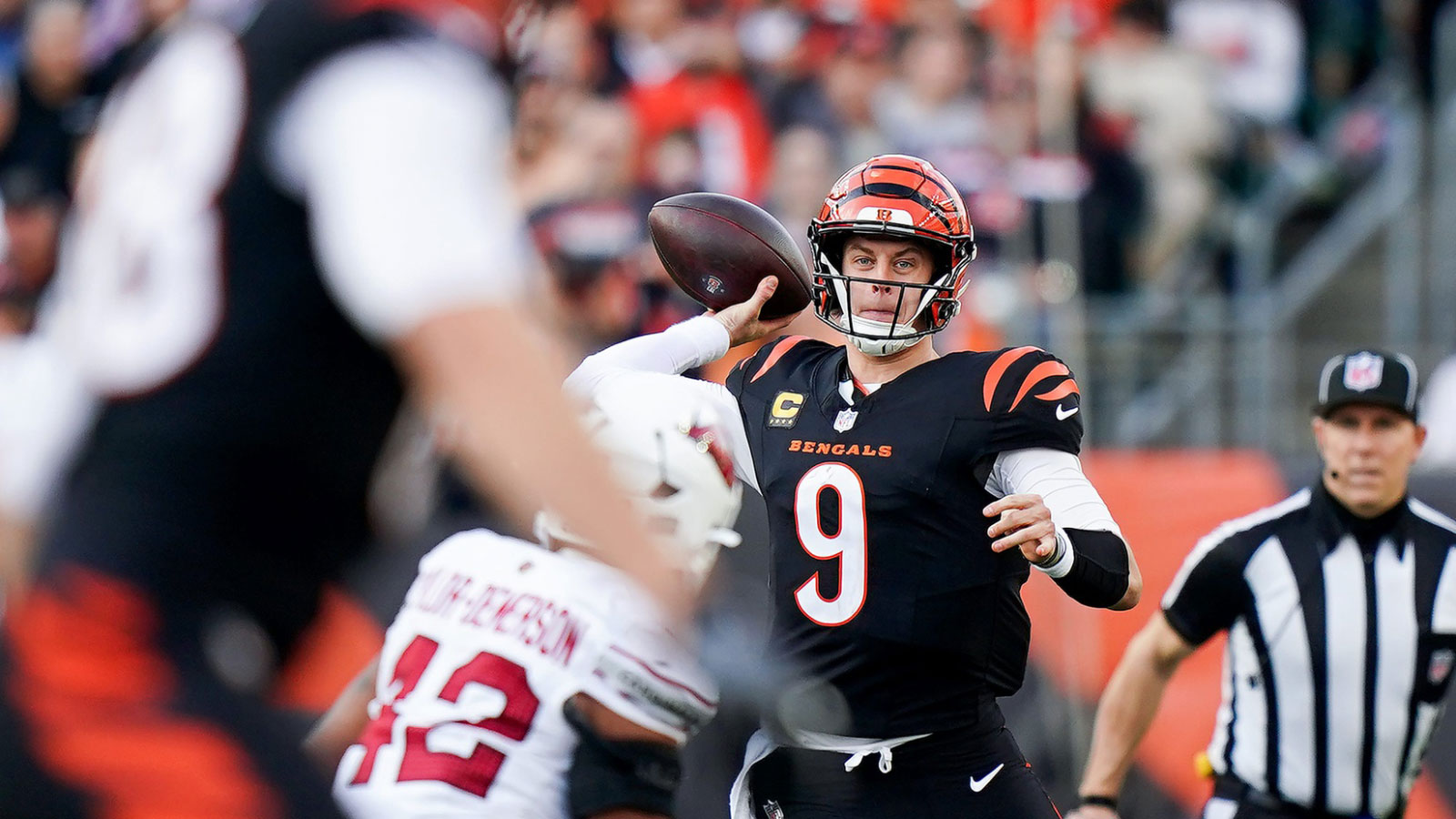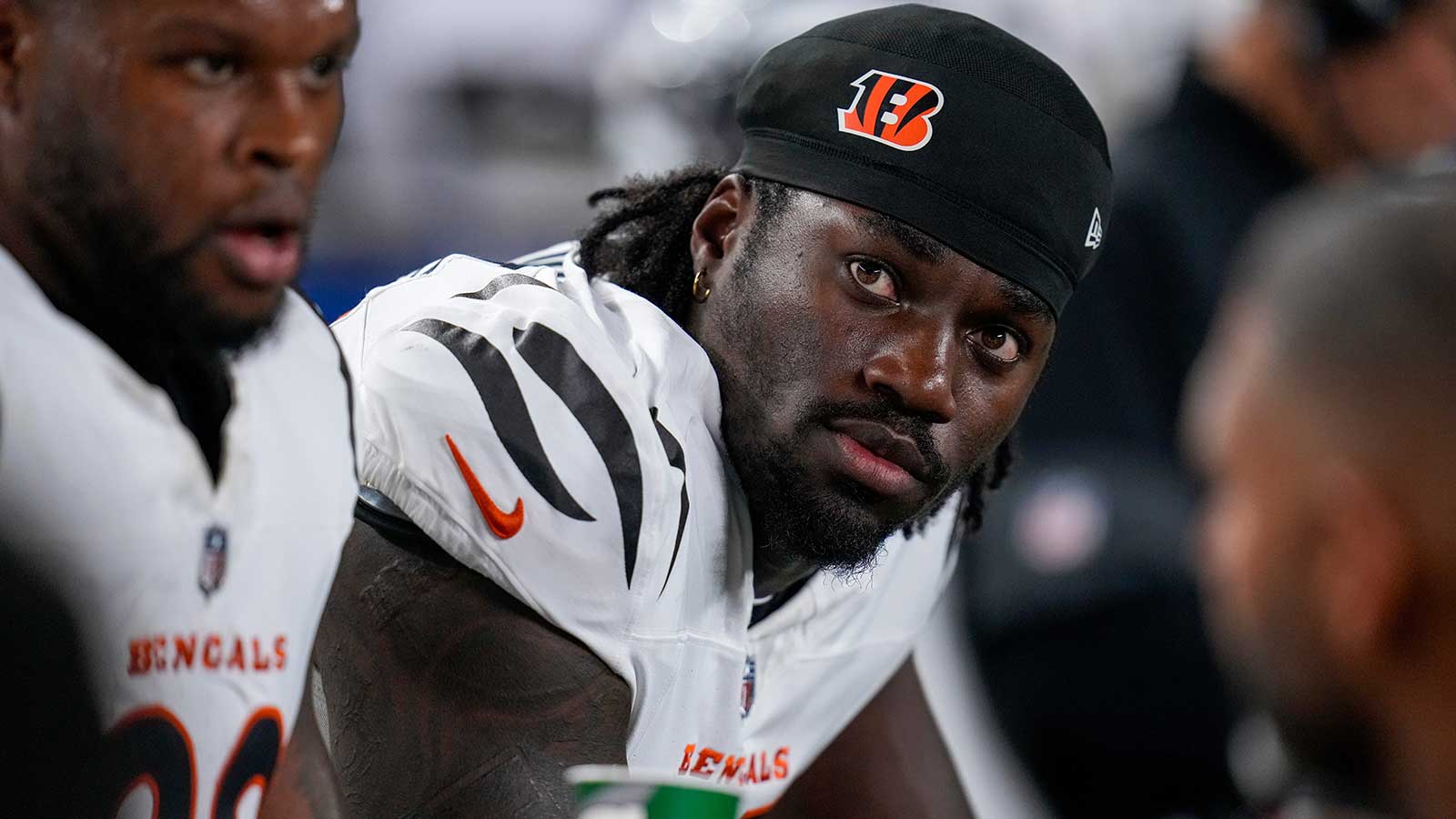In one of the most anticipated games of Week 2, the Cincinnati Bengals (0-2) and Kansas City Chiefs (2-0) delivered on the hype. Unfortunately for the Bengals, they ended up on the wrong side of the scoreboard, falling to the Chiefs 26-25.
The Chiefs once again demonstrated their resilience, continuing to defeat the AFC's best. The Bengals held a 16-10 halftime lead and maintained control until early in the fourth quarter—then the game became a back-and-forth battle until the final whistle.
Cincinnati needed this win in more ways than one. For Joe Burrow, it was a chance to maintain his winning record over Patrick Mahomes, which he still holds even with the loss (3-2). More importantly, it was an opportunity for the Bengals to secure their first win of the season and assert themselves as contenders in the AFC by beating its top team. Instead, the Bengals fell to 0-2, a frustratingly familiar start to the season for them.
Given that the Bengals had this game nearly wrapped up with under three minutes to play but still surrendered the victory, some blame will inevitably fall on certain individuals. Here are the players most to blame for the Bengals' loss to the Chiefs in Week 2.
Joe Burrow fumbles twice, losing one
While it's true that without Joe Burrow, the Bengals might not have been in the game at all, he did have two costly fumbles against the Chiefs. One of those was returned for a touchdown in the fourth quarter. Mistakes like that are unacceptable when trying to beat the Chiefs, especially on the road at Arrowhead Stadium. The fumble resulted in the Chiefs taking their first lead of the game.
Ja'Marr Chase draws unsportsmanlike conduct penalty, killing drive

After Burrow's fumble led to a scoop-and-score by the Chiefs, giving them a 23-22 lead, the Bengals needed a response. On the ensuing drive, Burrow guided the team 33 yards in eight plays. Facing a second-and-11 at the Kansas City 34, Burrow connected with Ja'Marr Chase for a four-yard gain, setting up a manageable third down. However, Chase, upset about the tackle by Chiefs' Trent McDuffie, directed his frustration at the referee, drawing an unsportsmanlike conduct penalty. This pushed the Bengals back to the Kansas City 45 with a third-and-22.
Chase's outburst, which continued as he headed back to the sideline, cost the Bengals a valuable opportunity. They may still have had to settle for a field goal, but they could have run more time off the clock. Instead, they were forced into a 53-yard field goal attempt—not exactly a chip shot. Fortunately for Cincinnati, Evan McPherson delivered as usual.
Daijahn Anthony's crucial pass interference costs Bengals
Just when it seemed the Bengals had the Chiefs on the ropes, Kansas City found a way to win—like they always do. Some fans may argue that the NFL and its referees favor the Chiefs, but Sunday’s game didn’t provide much evidence for that claim.
With the Chiefs down by two, they had 2:35 to march down the field and take the lead. The Bengals' defense, aided by a penalty on offensive tackle Wanya Morris, backed the Chiefs up to a fourth-and-16 at their own 45-yard line. On the critical play, Mahomes scrambled to his left and targeted Rashee Rice, but the pass was broken up by Daijahn Anthony.
Burrow and Bengals players erupted in celebration, thinking they had just defeated their arch-nemesis. But then the dreaded yellow flag hit the ground. Anthony was called for pass interference on Rice. The rest is history, as the always-reliable Harrison Butker nailed a 51-yard field goal to win the game.
“You know, it’s one of those plays where we might benefit from that at some point this season. That’s what I told the guys,” Bengals coach Zac Taylor said of the pass interference call, per ESPN. “They’re calling it like they see it. I thought they called a very fair game, and they saw that as a penalty. So they called a penalty.”
Anthony indeed made contact with Rice early, making the call justified. The Bengals, like many teams that face the Chiefs, made critical mistakes down the stretch. That can’t happen when facing a team that has won the last two Super Bowls.

